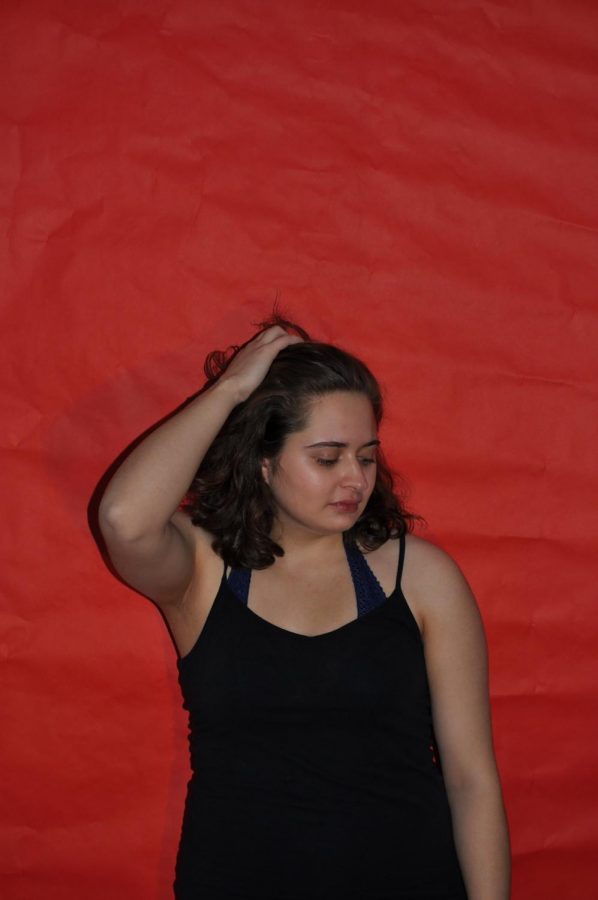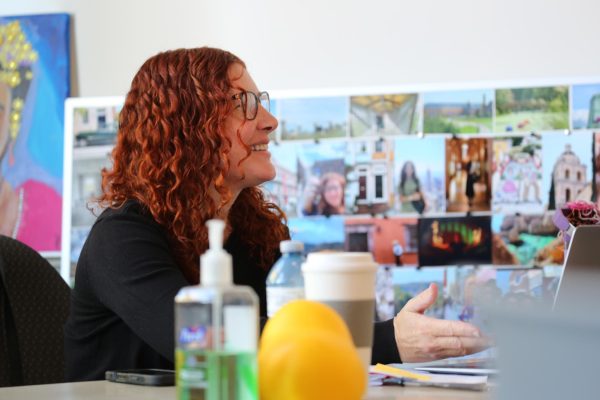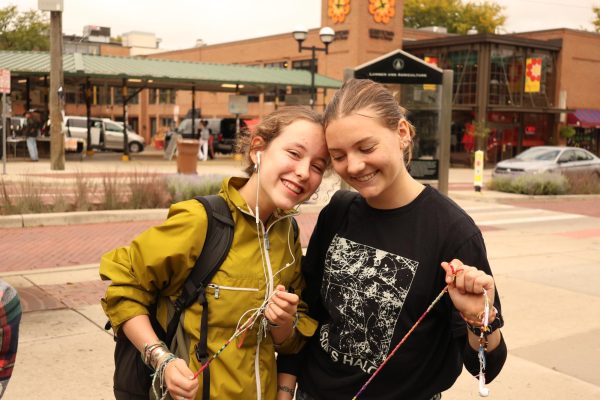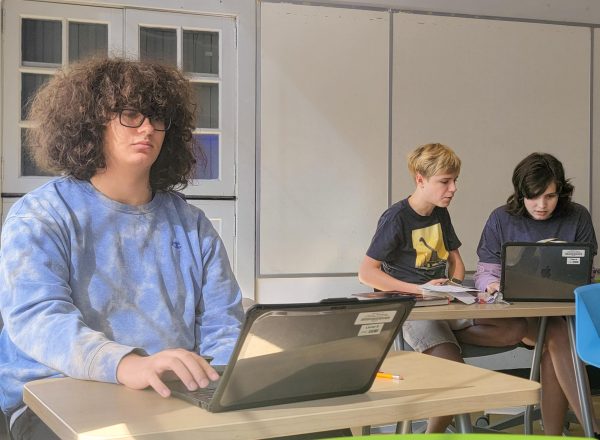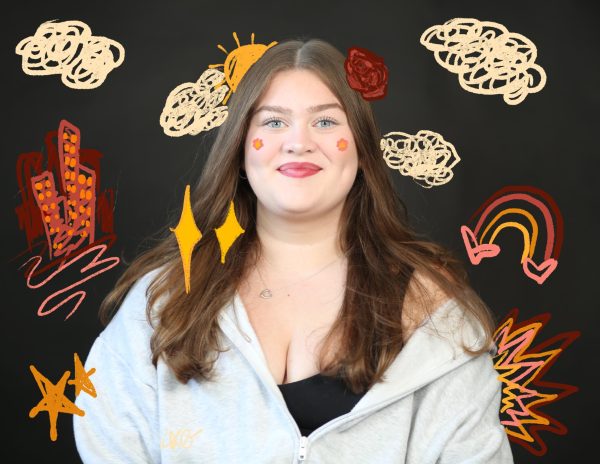Soul and Spirit
Throughout her younger childhood, junior Ruhi Khanna visited temple—a Hindu house of worship— with her mom and two older siblings. On the first day of Navratri—a nine night long Hindu festival—Khanna and her family attended temple dressed in traditional Indian clothing and danced with dandiya drumsticks with other Hindus.
During Holi, the festival of colours, participants toss pigmented powders at each other. By the end of the celebration, everyone stands coated in a vibrant rainbow, resembling the blooming spring flowers.
But when people ask Khanna what her race is, she responds, “I am white.”
Khanna (who is mixed-race, with an Indian father and white mother) does not outwardly express her Indian identity. Memories of holidays at temple, Khanna says, seem to be the only thing still holding Khanna and her Indian culture together.
As one of her biggest current struggles: Identity, plays a major role in Khanna’s search of self. For Khanna one’s adolescent years are a time for self discovery.
High school is “when you learn who you are and who you want to be,” Khanna says.“It’s just [about] learning to love yourself and love who you are, and immersing yourself into the culture you want to be apart of.”
In the past people never believed her when she would tell them that she was Indian, because she is white passing. It’s troublesome for Khanna to have to go into depth about how she identifies and why her appearance does not match up to society’s phenotypic standards on race.
“It feels like I lose a little bit of being part of that culture, when people question how I identify,” Khanna said. She finds it easier to say she’s white because she does not want others to overthink about her identity.
About three times a year Khanna flies across the country to visit her dad in D.C. He was born in Delhi, but came to the U.S for college. Along the way he met his ex wife — Khanna’s mom. Because Khanna does not see her dad that often, it makes it harder for her to connect to her Indian culture. When she and her dad go out to eat, people assume they aren’t related and ask if they want separate bills. Moments like these make Khanna feel that she’s not supposed to be his daughter because she’s mixed and does not look like him.
When she visits, her dad shows her how to cook dal and paneer tikka masala and teaches her Hindi phrases. Khanna admits that she’s not the best cook, but she appreciates the time she gets to spend with her dad, learning about her Indian culture. She does not talk to her dad about Identity, but knows he would tell her to be proud of her culture and to immerse herself into it. One day Khanna hopes to take the time to learn Hindi and to celebrate Hinduism, so she can better connect to her relatives.
Khanna has a love hate relationship with her name; Ruhi, defining as soul and spirit in Hindi. It allows her to get closer to her culture, but a lot of people don’t know how to pronounce it, or they are too afraid to pronounce it. She treasures its meaning and one day hopes to live up to the beauty.
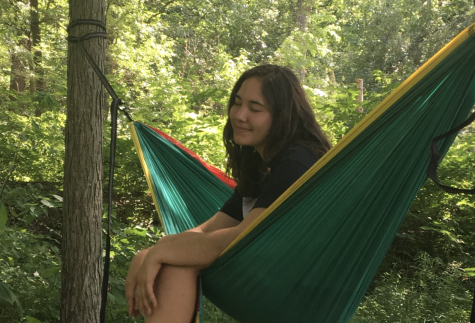
Leah Dame is currently a senior and is in her third year working with the Communicator. When she isn't writing articles, you can find her watching Pokemon, listening to music in her car, or finishing up some last minute history homework. She is excited to meet new and exciting people through journalism this year as well as hearing their stories.



